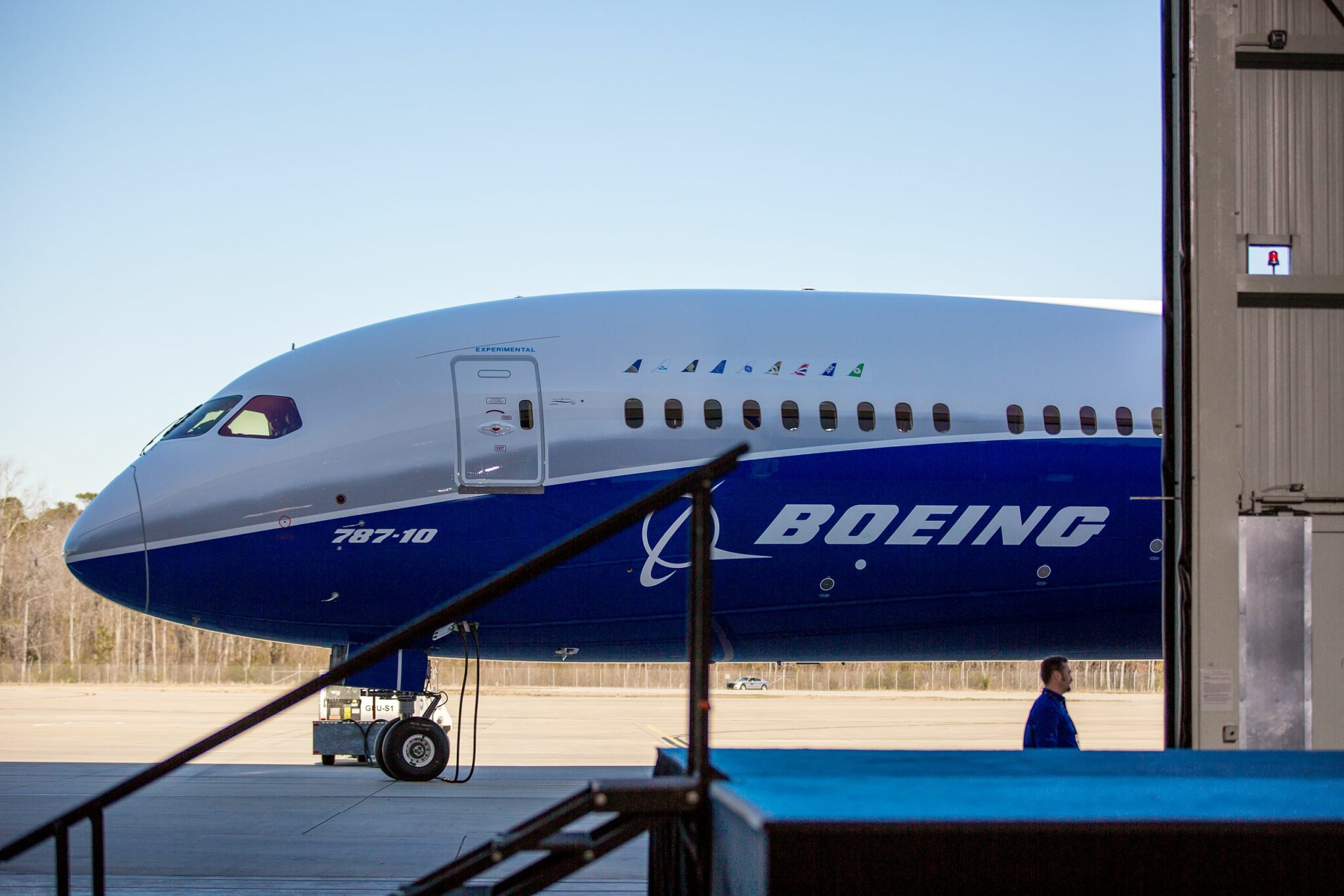Boeing machinists have accepted the US manufacturer's 38% wage increase offer after voting on November 4, 2024; finally ending the strike saga that began on September 13, 2024. The striking workers were represented by IAM Union District 751 & W24.
“We were pleased to reach a ratified agreement with IAM 751 & W24 tonight,” said Boeing president and CEO Kelly Ortberg. “While the past few months have been difficult for all of us, we are all part of the same team. We will only move forward by listening and working together. There is much work ahead to return to the excellence that made Boeing an iconic company.”
“Machinists voted by 59% to accept the proposal and return to work,” IAM District 751 said on social media platform X, formerly Twitter.
According to Boeing, the striking workers may return to work from November 6, 2024, before being required to return by November 12, 2024.
Perhaps the most watched vote in the country, after the presidential election, the some 33,000 striking workers based in Portland and Seattle had originally called for a 40% wage increase. The workers previously rejected a 35% wage increase on October 23, 2024, as well as the initial 25% increase offer prior to the strike.
Boeing had made a ‘best and final offer’ of 30% general wage increase on September 23, 2024, but was withdrawn on October 8, 2024, with the union refusing to vote on the offer. The negotiators claimed the OEM had tried to “bypass” negotiations. At the time of the offer's withdrawal, Boeing Commercial Airplanes CEO Stephanie Pope called the union's demands as “far in excess” of what the company could accept in order to “remain competitive as a business”.
As the strike continued, Boeing reported a third quarter net loss of $6.17bn, adding on to the company's string of consecutive quarterly losses. What's more, the strike was estimated by Bank of America analyst Ronald Epstein to have cost the manufacturer $50 million per day. Just over 50 days have passed since the strike began and to when the machinists can return to work. The mandatory return to work on November 12 will push it to over 60 days since the strike's inception.
Ahead of the vote, IAM District 751 said: “The two significant changes in this offer from the last one are: 38% GWI over four years - 13%, 9%, 9%, 7%, which compounds to 43.65% over the life of the agreement. The $12,000 ratification bonus combines the previous $7,000 ratification bonus and the $5,000 lump sum into the 401k."
As part of the deal, the machinists can choose how the total ratification bonus is received: either by paycheck, contribution to 401K or a combination of both.
The union had encouraged striking workers to vote in favour of the deal, adding that withholding labour further would put future offer negotiations at risk.
This was the first strike by Boeing machinists since 2008 and lasted for around eight weeks. The strike had reportedly cost Boeing an estimated $2bn.
Already compounded with supply chain constraints, the strike will likely take some time to recover from.
At Airline Economics' Growth Frontiers New York 2024, Avolon president & CCO Paul Geaney said on the lessor panel: “There is a rule of thumb that for every month of a strike, it takes a year for the manufacturer to get back to the production levels that it was at before.”
The OEM was delivering 40 and upwards of commercial aircraft in the months prior to the strike. However, Geaney underpinned the fact that these were deliveries and not production levels. “The production levels were mid-twenties,” he said. “We are going to have supply side problems at least through the decade and they'll be deeper than we thought they would be.”
Boeing's consolidated debt was $57.7bn, consisting of $11.5bn of debt maturing through February 1, 2026. The company is also set to issue $4.7bn of its shares to acquire Spirit AeroSystems next year.
Boeing recently priced its two upsized concurrent offerings, which 112.5 million common shares, up from 90 million announced on October 28, at $143 per share, and its $5bn depositary stock offering at $50 apiece.
On October 20, it announced it had sold Digital Receiver Technology (DRT) - a small surveillance equipment manufacturing arm - to Thales Defence & Security. Subsequently, the Wall Street Journal had reported on October 25, 2024, that the manufacturer was mulling the sale of its space business.

